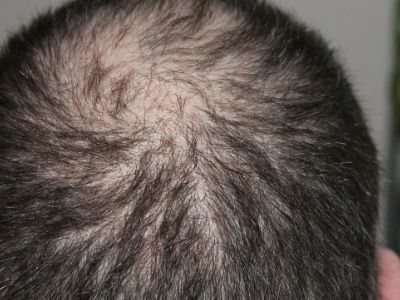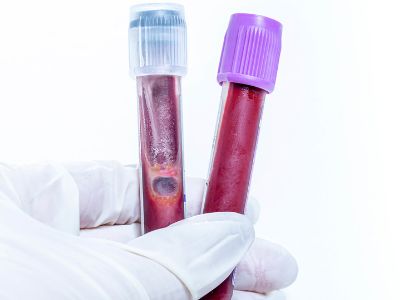What Are Autoimmune Disorders?

Autoimmune disorders are broadly grouped into two categories organ-specific which is one organ is affected and non-organ-specific disorders which is multiple organs or body systems may be affected.
Various autoimmune disorders range in severity from mild to disabling, depending on which system of the body is under attack and to what degree. For unknown reasons, women are more susceptible than men, particularly during their childbearing years. It is thought that sex hormones may be at least partly responsible. There is generally no cure, but the symptoms of autoimmune disorders can be managed.
Types of Autoimmune Disorders
Autoimmune disorders can affect nearly every organ and system of the body. Some autoimmune disorders may include:
- Diabetes (Type I): This affects the pancreas. Symptoms include thirst, weight loss, frequent urination, and increased susceptibility to infection.
- Inflammatory Bowel Disease: This includes ulcerative colitis and possibly, Crohn’s disease. Symptoms include abdominal pain and diarrhea.
- Graves’ Disease: This affects the thyroid gland. Symptoms include elevated heart rate, weight loss, anxiety, and diarrhea.
- Psoriasis: this affects the skin. Features include the development of thick, reddened skin scales.
- Multiple Sclerosis: This affects the nervous system. Depending on which part of the nervous system is affected, symptoms can include numbness, vision impairment, and paralysis.
- Rheumatoid Arthritis: This affects the joints. Symptoms include deformed and swollen joints. The heart, lungs, and eyes may also be targeted.
- Systemic Lupus Erythematosus: This affects connective tissue and can strike any organ system of the body. Symptoms include fever, joint inflammation, weight loss, and a characteristic facial rash.
- Scleroderma: This affects the skin and other structures and causes the formation of scar tissue. Features include thickening of the skin, skin ulcers, and stiff joints.

Early Symptoms of Autoimmune Disorders
The early symptoms of many autoimmune disorders are very similar such as:
- Achy muscles
- Swelling and redness
- Fatigue
- Hair loss
- Skin rashes
- Low-grade fever
- Trouble concentrating
- Numbness and tingling in the hands and feet
Risk Factors for Autoimmune Disorders
The risk factors for autoimmune may include:
- Gender
- Genetics
- Environmental factors
- Infection
- Sex hormones

Diagnosis of Autoimmune Disorders
It can be hard to diagnose an autoimmune disorder, especially in its earlier stages, and if multiple organs or systems are involved. Depending on the disorder, diagnosis methods may include:
- Medical history
- Physical examination
- Blood tests, including those to detect autoantibodies
- X-rays
- Biopsy
Treatment for Autoimmune Disorders
Autoimmune disorders can be controlled in many cases. Treatments may include:
- Anti-inflammatory drugs that help reduce inflammation and pain.
- Corticosteroids help reduce inflammation.
- Pain-killing medication such as codeine and paracetamol
- Immunosuppressant drugs that inhibit the activity of the immune system
- Physical therapy to encourage mobility
Medication usually used for Autoimmune Disorders:
- Chloroquine – this drug is believed to have a broad spectrum of antiviral action. Chloroquine is in the class of drugs known as an antimalarial drugs. The drug works by killing the organisms that cause certain autoimmune disorders.



